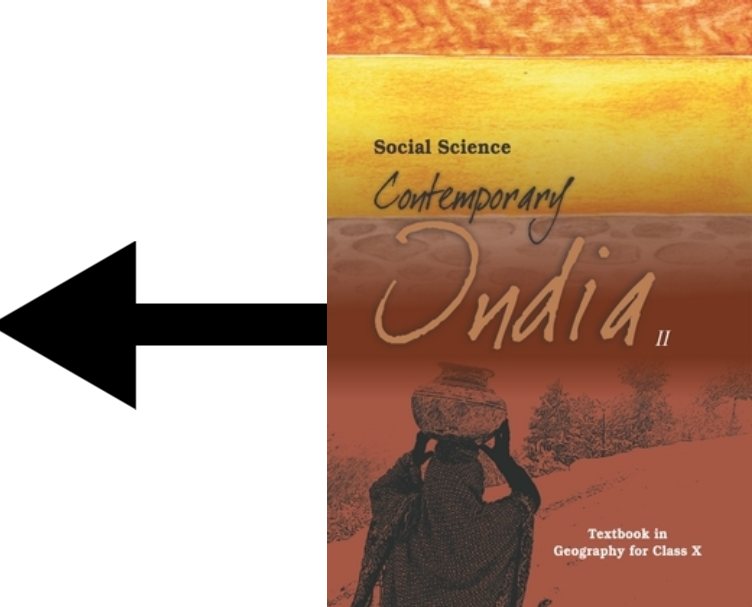CBSE Class 10 Exam 2024: CBSE Class 10 introduces Case Study Based Questions to enhance students' analytical and problem-solving skills. These questions present real-life scenarios or situations, triggering students to apply their knowledge to solve them. Overall, Case Study Based Questions are a valuable addition to the CBSE curriculum, encouraging active learning and preparing students for real-life challenges.
Here, students of CBSE Class 10 will get important case study-based questions also known as source-based questions for Mathematics, Science and Social Science. These questions here will help you in your 10th board exams to score better by predeveloping your critical thinking and problem-solving skills. Scroll down to check subject-wise questions.
CBSE Class 10 Case Study Based Questions 2024
Check the subject-wise case study-based questions from the table below:
Important Case Study Questions for Class 10th Science | |
| | Important Case Study Questions for Class 10th Science |
Important Case Study Questions for CBSE Class 10 Social Science |  |
CBSE Class 10 Science Paper Format 2024
Check the CBSE 10th Science paper pattern designed from the 2024 sample papers to show the placement and importance of case study or source-based questions.
| Section A | 20 objective-type questions carrying 1 mark each. |
| Section B | 6 Very Short questions carrying 02 marks each. (Answer in 30 to 50 words). |
| Section C | 7 Short Answer type questions carrying 03 marks each. (Answer in 50 to 80 words) |
| Section D | 3 Long Answer type questions carrying 05 marks each. (Answer in 80 to 120 words) |
| Section E | 3 source-based/case-based units of assessment of 04 marks each with sub-parts. |
CBSE Class 10 Maths Paper Format 2024
Check the paper pattern for CBSE 10th Maths Basic paper 2024:
| Section A | 20 Multiple Choice Questions (MCQs) carrying 1 mark each. |
| Section B | 5 Short Answer-I (SA-I) type questions carrying 2 marks each. |
| Section C | 6 Short Answer-II (SA-II) type questions carrying 3 marks each. |
| Section D | 4 Long Answer (LA) type questions carrying 5 marks each. |
| Section E | 3 sourced based/Case Based/passage based/integrated units of assessment (4 marks each) with sub-parts of the values of 1, 1 and 2 marks each respectively. |
Check the paper pattern for CBSE 10th Maths Standard paper 2024:
| Section A | 20 MCQs carrying 1 mark each. |
| Section B | 5 questions carrying 02 marks each. |
| Section C | 6 questions carrying 03 marks each. |
| Section D | 4 questions carrying 05 marks each. |
| Section E | 3 case based integrated units of assessment (04 marks each) with sub- parts of the values of 1, 1 and 2 marks each respectively. |
CBSE Class 10 Social Science Paper Format 2024
Check the paper pattern for CBSE 10th Social Sci. paper 2024:
| Section A | Questions 1 to 20 are MCQs of 1 mark each. |
| Section B | 21 to 24 are Very Short Answer Type Questions, carrying 2 marks each. Answer to each question should not exceed 40 words. |
| Section C | Q.25 to Q.29 are Short Answer Type Questions, carrying 3 marks each. Answer to each question should not exceed 60 words |
| Section D | 30 to 33 are long answer type questions, carrying 5 marks each. Answer to each question should not exceed 120 words. |
| Section E | 34 to 36 are case based questions with three sub questions and are of 4 marks each. Answer to each question should not exceed 100 words. |
| Section F | 37 is map based, carrying 5 marks with two parts, 37a from History (2 marks) and 37b from Geography (3 marks). |
Must Read: Top 50+ CBSE Class 10 MCQs for Board Exam 2024 with Answers to Secure Good Marks
Related:
- CBSE Class Class 10 Science 2 Marks Important Questions for 2024 Board Exam
- CBSE Class 10 Science Chapter-Wise Mind Maps 2024
- CBSE Date Sheet 2024
- Revised NCERT Textbooks Class 10
- CBSE Class 10 Sample Paper 2024
- CBSE Class 12 Science Syllabus 2023-24
- CBSE Class 10 Science Additional Practice Questions 2024
- CBSE Class 10 Science Competency Based Questions 2024
- CBSE Class 10 Social Science Important Map Items and Revision Tips 2024

.jpg)
Comments
All Comments (0)
Join the conversation